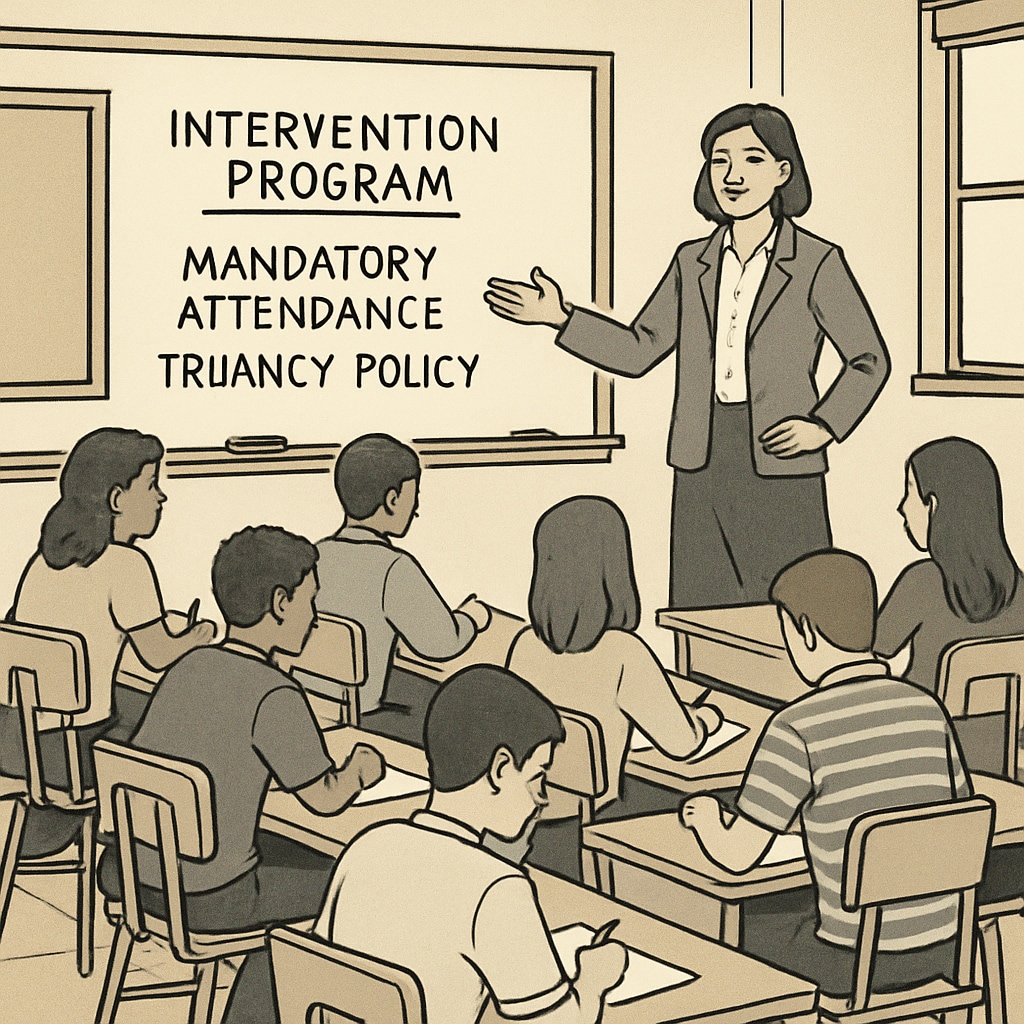Strict school attendance policies, parental values, and religious intervention programs often create friction between educational institutions and families. Schools define absences as truancy and enforce mandatory participation in intervention programs that may conflict with families’ beliefs. This raises critical questions about the boundaries of school authority and the need for educational systems to respect diverse perspectives while maintaining accountability.
The Controversy Around Attendance Policies and Parental Rights
Many school districts implement strict attendance policies to curb truancy and improve academic performance. While these policies aim to benefit students, they can inadvertently clash with parental values. For example, some families believe in flexible learning schedules or prioritize unique cultural or religious practices that might occasionally result in absences.
When schools equate missing classes with truancy and mandate intervention programs, families may feel their autonomy is being undermined. In cases where intervention programs have a religious foundation, the conflict escalates, as not all families share the same beliefs or are comfortable with such approaches.

Enforcing Religious-Based Programs: Crossing the Line?
One particularly contentious issue arises when intervention programs include religious elements. Whether these programs aim to provide moral education or behavioral correction, requiring attendance in religious-based sessions can alienate families of differing faiths or secular perspectives. This practice raises questions about whether schools are overstepping their authority by imposing values outside the educational curriculum.
For example, according to Wikipedia’s definition of truancy, the primary goal of such policies is to ensure consistent attendance—not to enforce specific ideological or moral frameworks. Similarly, Britannica emphasizes the importance of education systems respecting societal diversity. Schools must carefully consider whether their intervention methods align with these principles.

Building Inclusive and Respectful Educational Systems
To address these conflicts, schools need to adopt more inclusive and respectful practices. Here are some suggestions:
- Offer flexible intervention programs that accommodate diverse beliefs and schedules.
- Engage parents in dialogue before enforcing attendance-related policies, ensuring mutual understanding.
- Provide secular alternatives to religious-based programs, allowing families to choose options aligned with their values.
- Regularly review and update policies to reflect changing societal norms and diversity.
By prioritizing inclusivity, schools can balance accountability with respect for family autonomy. This approach fosters stronger relationships between educators and parents, ultimately benefiting students.
In conclusion, the conflict between strict attendance policies and parental values highlights the need for education systems to evolve. Schools must establish policies that enforce accountability without compromising respect for diverse perspectives. By doing so, they can create environments that are both effective and inclusive.
Readability guidance: Use short paragraphs and concise sentences. Include lists for clarity. Maintain active voice and distribute transition words evenly throughout the text.


